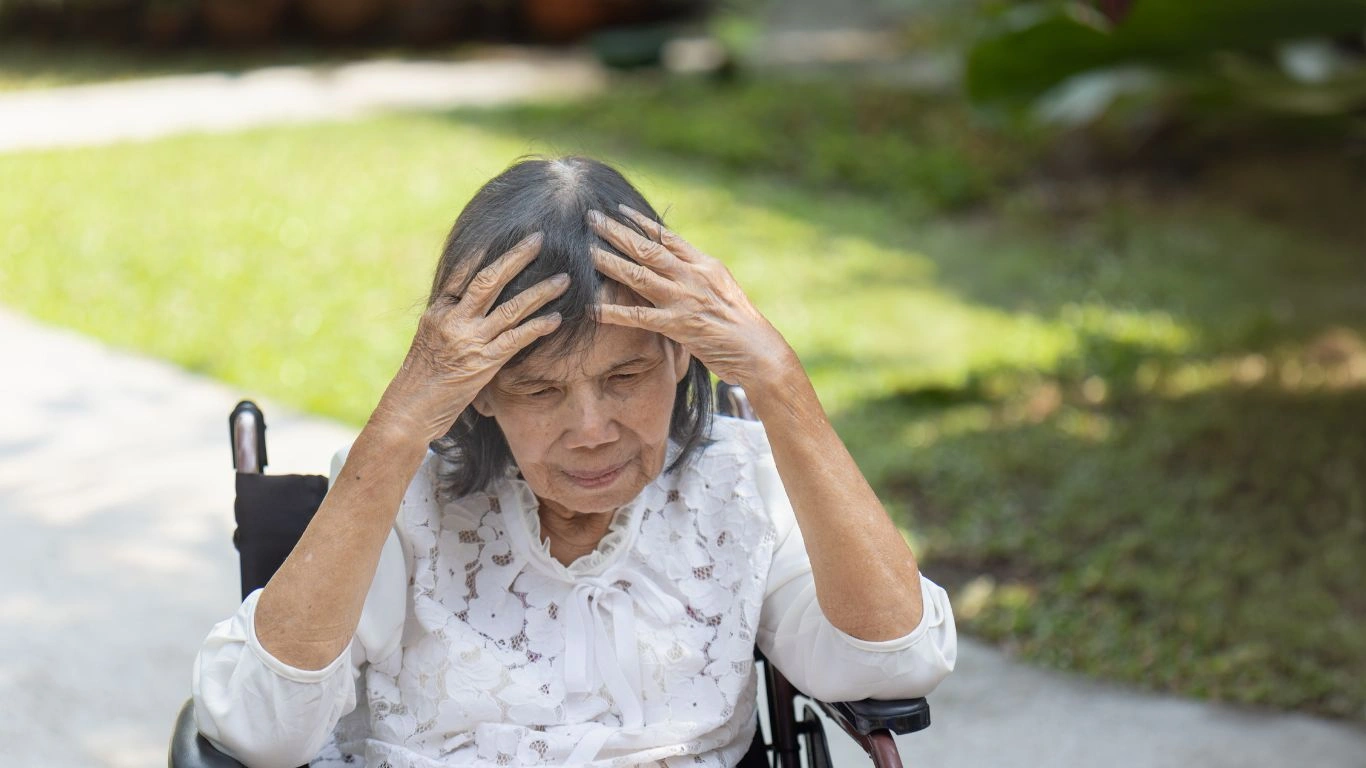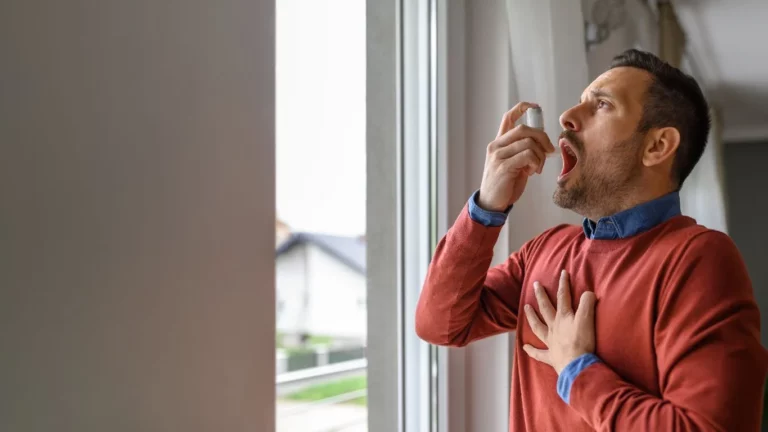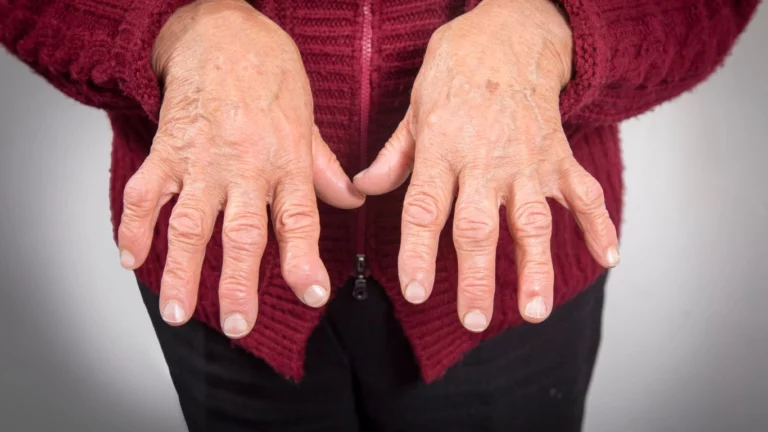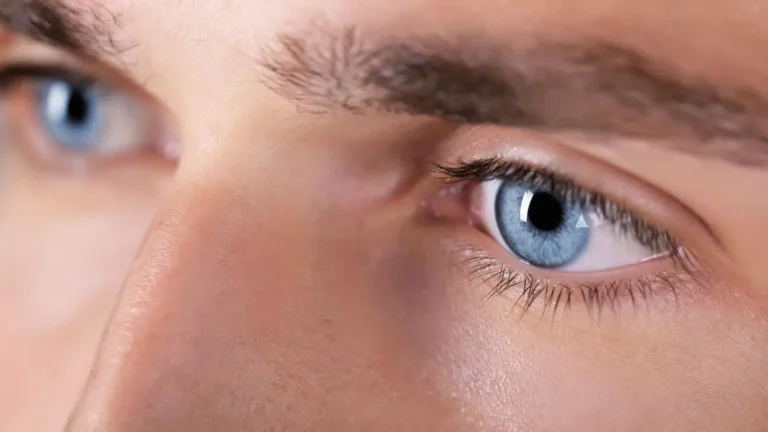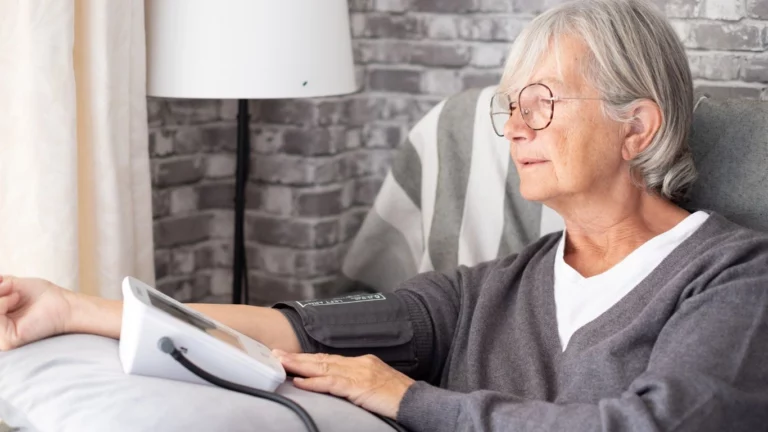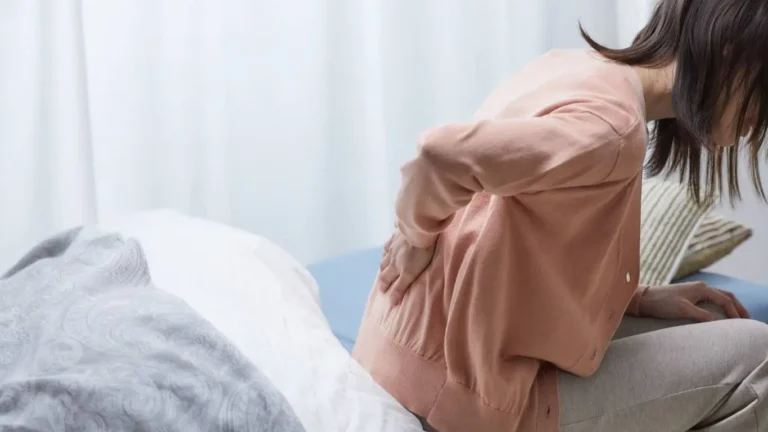Hypertension and Kidney Health Tips: How to Keep Your Kidneys Safe
Dealing with hypertension? You’re not alone! Learn how high blood pressure can affect your kidneys and discover simple ways to keep them both in check with these practical tips.
If you’ve been diagnosed with hypertension (high blood pressure), you probably know it’s more than just a number on a chart. Over time, high blood pressure can lead to some serious health problems, including kidney damage. But here’s the good news: you can take steps to protect your kidneys and manage your hypertension effectively. In this guide, we’ll go over some easy, actionable tips to keep both your blood pressure and kidneys in good shape.
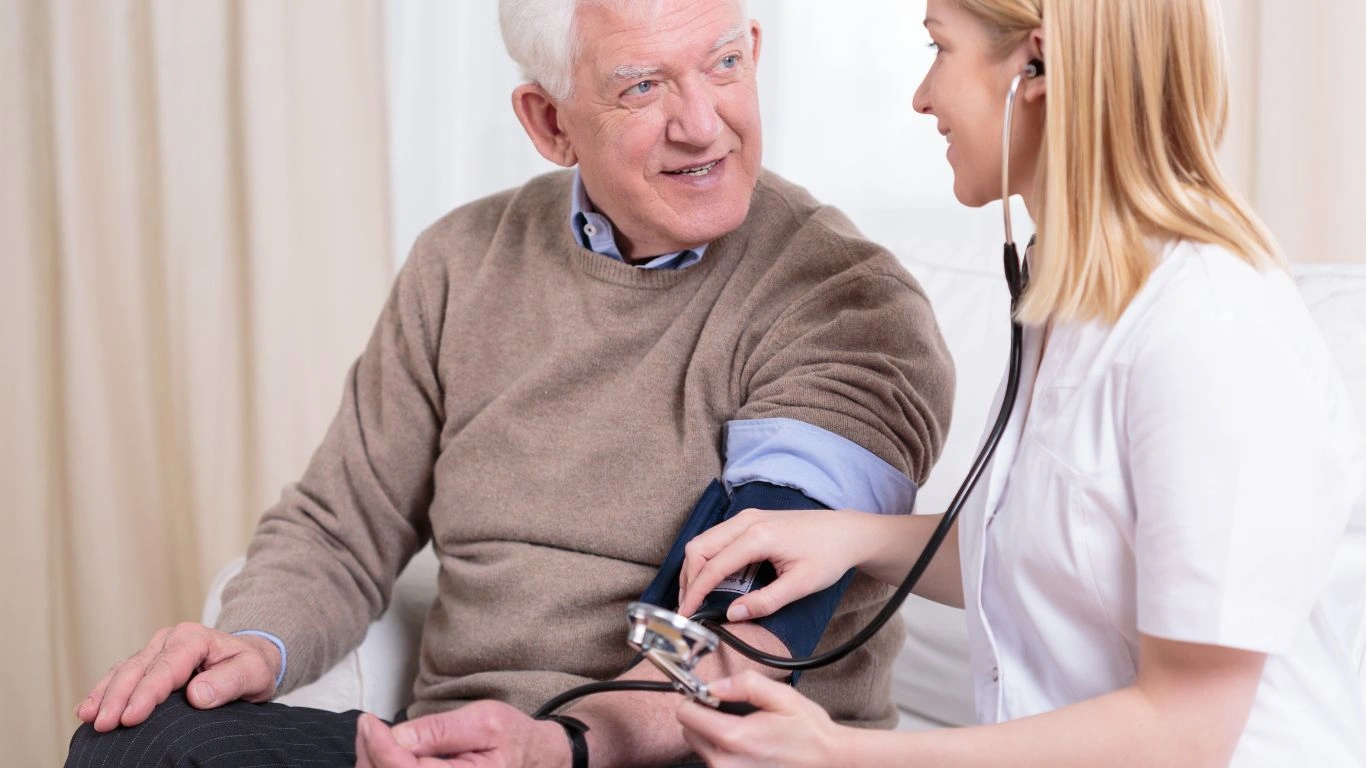
Understanding the Link Between Hypertension and Kidney Health
Hypertension and kidney health are closely connected. Your kidneys are responsible for filtering waste and excess fluids from your blood, and they rely on a healthy blood flow to do so. When your blood pressure is consistently high, it can damage the small blood vessels in your kidneys, reducing their ability to filter effectively. This damage can lead to kidney disease or even kidney failure over time if left unchecked.
Here’s the thing: managing your blood pressure can significantly lower the risk of kidney damage. So, let’s break down what you can do to take care of both.
Lifestyle Changes to Manage Hypertension and Protect Your Kidneys
Hypertension doesn’t have to control your life. There are simple, yet powerful lifestyle changes you can make to help keep your blood pressure in check and protect your kidneys.
1. Maintain a Healthy Weight
Being overweight can increase your risk of developing hypertension, so managing your weight is a great place to start. Even losing a small amount of weight (just 5-10% of your body weight) can make a big difference in lowering blood pressure. Try focusing on a balanced diet, regular exercise, and portion control.
2. Stay Active
Exercise is one of the best things you can do for both your heart and your kidneys. Regular physical activity helps lower blood pressure, improve heart health, and reduce stress—plus, it’s great for overall kidney function. Aim for at least 30 minutes of moderate exercise most days of the week. Whether it’s walking, cycling, or swimming, just find something you enjoy and stick with it!
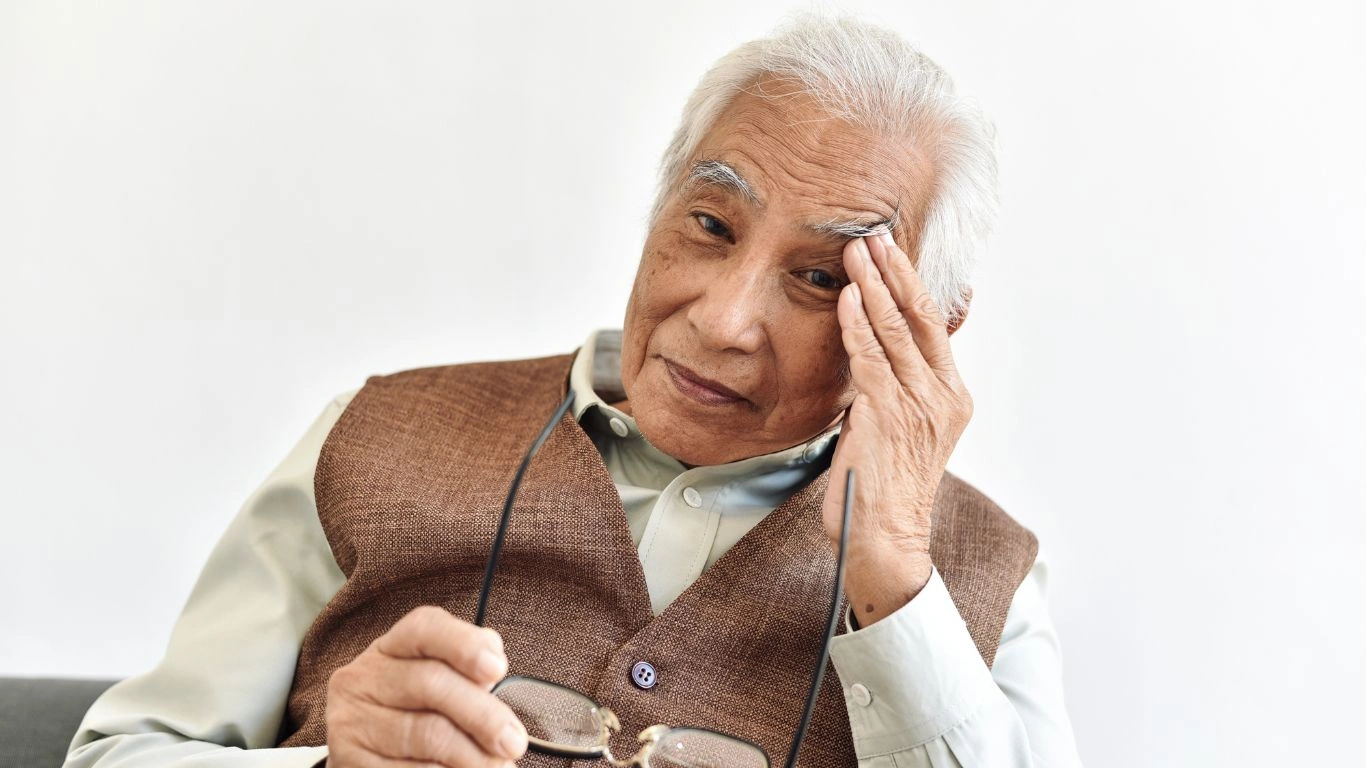
3. Reduce Salt Intake
Excess sodium can cause your body to retain water, which increases blood pressure and puts strain on your kidneys. Try to cut down on salty foods like processed snacks, canned soups, and fast food. Instead, opt for fresh, whole foods and use herbs and spices to flavor your meals instead of salt.
4. Eat a Kidney-Friendly Diet
What you eat plays a huge role in both hypertension and kidney health. Focus on foods that are rich in fiber, antioxidants, and healthy fats, and low in sodium. A heart-healthy diet like the DASH (Dietary Approaches to Stop Hypertension) diet is a great option. Some kidney-friendly food options include:
- Fresh fruits and vegetables
- Whole grains (like oats, quinoa, and brown rice)
- Lean proteins like chicken, turkey, and fish
- Healthy fats from nuts, seeds, and olive oil
5. Limit Alcohol and Caffeine
Both alcohol and caffeine can raise your blood pressure, so it’s wise to limit your intake. If you do drink alcohol, try to keep it moderate (no more than one drink per day for women and two for men). As for caffeine, it’s okay in moderation, but be aware of how it affects your blood pressure.
6. Stop Smoking
Smoking is another risk factor for hypertension and kidney disease. The chemicals in cigarettes can damage blood vessels and reduce kidney function, so quitting smoking is one of the best things you can do for your overall health.

Monitoring Your Blood Pressure Regularly
It’s important to keep an eye on your blood pressure if you’re dealing with hypertension. Regular monitoring helps you track your progress and ensures that your lifestyle changes are working. If you’re not sure how to monitor your blood pressure at home, ask your healthcare provider for a guide or a recommendation on a reliable home monitor.
When to Seek Medical Help
Even if you’re doing everything right, sometimes blood pressure can still get out of control. If you notice any of the following, it’s time to check in with your doctor:
- Consistently high readings (above 140/90 mmHg)
- Shortness of breath
- Swelling in your legs or ankles
- Fatigue or confusion
These could be signs that your hypertension is affecting your kidneys, and it’s better to catch these problems early.
Additional Tips for Kidney Health
In addition to managing your hypertension, there are other ways to keep your kidneys healthy:
1. Stay Hydrated
Drinking enough water helps your kidneys flush out waste and toxins. Aim for around eight 8-ounce glasses of water a day, but this can vary depending on your individual needs and climate.
2. Get Regular Checkups
Even if you’re not experiencing symptoms, it’s a good idea to get regular checkups, especially if you have a history of hypertension. Your doctor can check kidney function with blood and urine tests, helping to detect early signs of kidney problems.
3. Manage Stress
Chronic stress can raise your blood pressure and negatively impact kidney health. Find ways to relax and de-stress, whether through yoga, meditation, deep breathing, or spending time in nature. Whatever helps you unwind, make sure it’s part of your routine.
Conclusion
Taking care of your hypertension and kidney health doesn’t have to be overwhelming. With the right lifestyle changes, like eating a balanced diet, staying active, and monitoring your blood pressure, you can protect your kidneys and keep your hypertension under control. Remember, small changes add up over time, so start slow and work toward a healthier you!
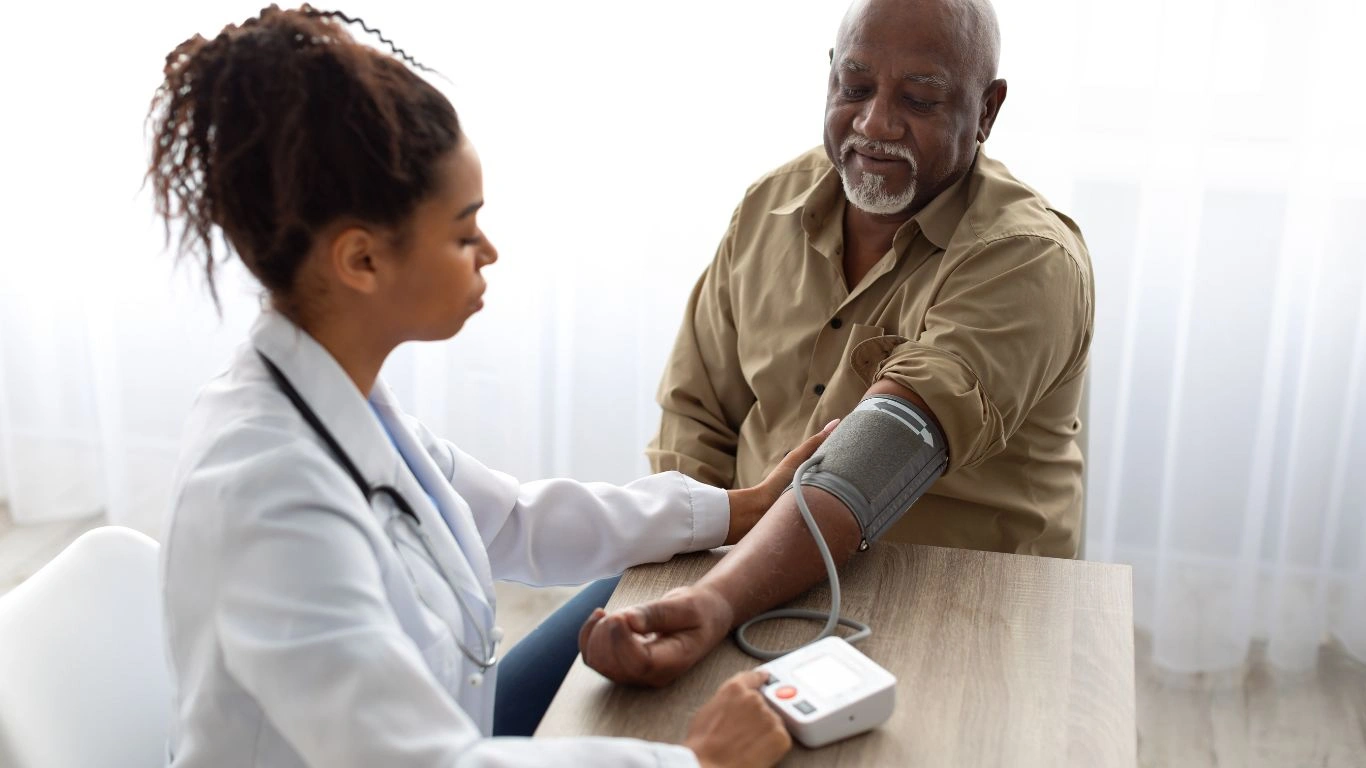
Appendices
FAQs
- Can hypertension cause kidney disease? Yes, over time, high blood pressure can damage the blood vessels in your kidneys, leading to kidney disease.
- How can I lower my blood pressure naturally? Regular exercise, a balanced diet low in salt, reducing alcohol, quitting smoking, and stress management are all great ways to lower your blood pressure naturally.
- What are the first signs of kidney damage? Early signs of kidney damage may include swelling in your feet or ankles, fatigue, and changes in urination patterns.
- Is it safe to take medication for hypertension with kidney disease? Some blood pressure medications can be safer for those with kidney disease than others. Always consult your doctor about the best treatment options for your specific condition.
- Can drinking water help my kidneys? Yes, staying hydrated is essential for kidney health as it helps your kidneys flush out waste and toxins from your body.
References
- National Kidney Foundation. (2023). Hypertension and Kidney Disease. Read Article
- American Heart Association. (2024). Managing Hypertension. Read Article
- National Institutes of Health. (2024). Kidney Disease and Hypertension. Read Article
Disclaimer:
The information in this article is for educational purposes only and should not replace professional medical advice. Always consult with your healthcare provider for advice tailored to your individual needs and health condition.

Dr. Gwenna Aazee is a board-certified Internal Medicine Physician with a special focus on hypertension management, chronic disease prevention, and patient education. With years of experience in both clinical practice and medical writing, she’s passionate about turning evidence-based medicine into accessible, actionable advice. Through her work at Healthusias.com, Dr. Aazee empowers readers to take charge of their health with confidence and clarity. Off the clock, she enjoys deep dives into nutrition research, long walks with her rescue pup, and simplifying medical jargon one article at a time.

